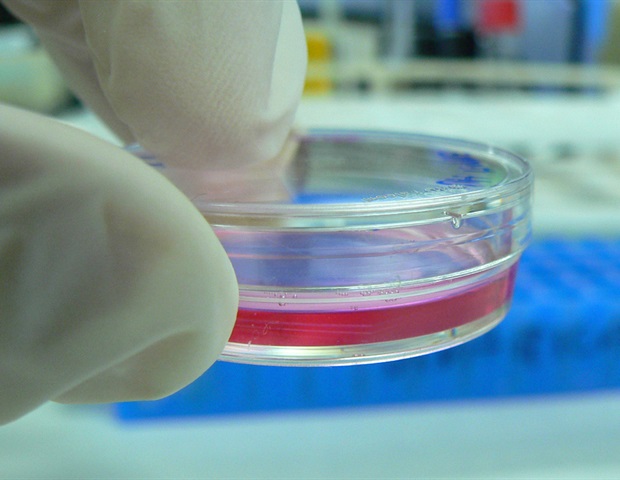Quality, affordable healthcare a cornerstone for sustainable development
As Kenya joins the world in commemorating World Population Day on July 11, it’s imperative to emphasise that the development of a nation hinges profoundly on the health of its citizens and investment in the health sector.
This year’s theme is “Investing in data collection is important to understanding problems, tailoring solutions, and driving progress”.
Allocating domestic resources strategically towards healthcare infrastructure and services is more than just a fiscal choice.
A healthy population is not just a measure of prosperity but a fundamental human right that underpins the societal well-being and economic stability of a country.
Kenya’s healthcare system faces a myriad of challenges.
They range from inadequate domestic financial resources, perennial strikes by healthcare workers, to overreliance on donors and out-of-pocket (OOP) expenditure (OPP).
The reduction of the health care budget in the 2024/25 financial year to Sh127 billion, down from Sh138 billion set in the 2023/24 financial year is a huge blow considering the sector is already struggling to meet its core mandate.
Evidence analysed by the African Institute for Development Policy (AFIDEP) indicates that health significantly influences the per capita gross domestic product (GDP).
A World Health Organization (WHO) study on the impact of maternal mortality on GDP in the African region found that maternal mortality has a notable negative effect on GDP.
The study indicates that the death of one mother reduces the per capita GDP by US$ 0.36 annually.
By prioritising domestic investment in healthcare, the country builds resilient healthcare systems that meet the diverse needs of the growing population.
Robust hospitals, clinics, and health dispensaries with the requisite equipment and staffed by skilled healthcare professionals form the backbone of effective healthcare delivery.
Infrastructure investment extends beyond physical facilities. They must include digital health technologies, telemedicine capabilities, and data-driven healthcare management systems that enhance efficiency and accessibility.
Investment in healthcare services must pay special consideration to equitable access to quality care for all citizens without incurring exorbitant medical costs.
To achieve this, expanding healthcare coverage to enhance affordability is key to cushioning the vulnerable populations.
The benefits that come with comprehensive healthcare coverage are immense.
From improving health outcomes to reducing disparities in health access among different socioeconomic groups, the overall result is a reduction in overreliance on OOP expenditures.
Evidence generated by AFIDEP indicates that a 1 per cent increase in OOP spending correlates with a 3 per cent reduction in economic growth.
Conversely, a 1 per cent increase in government general health expenditure (GGHE) and compulsory health expenditure (CHE) contributes significantly to a 5 per cent rise in per capita economic growth.
In addition, investing in public health initiatives is crucial for preventing disease and promoting health at a population level.
Effective public health interventions include vaccination programmes, health education campaigns, disease surveillance systems, screening services and environmental health initiatives.
These efforts not only save lives but also reduce healthcare costs associated with treating preventable illnesses.
A study conducted by Mwai et al. (2023) on the investment case for primary healthcare (PHC) in Kenya indicates that for every $1 invested in PHC interventions, up to $16 can be saved in expenditures related to conditions such as stunting, non-communicable diseases (NCDs), anaemia, tuberculosis (TB), malaria, and maternal and child health morbidity.
Such findings underscore the transformative impact of strategic investments in public health, not only in improving health outcomes but also in optimising healthcare spending efficiency.
Lastly, investing in healthcare workforce development is essential.
Adequately trained and motivated healthcare professionals are indispensable for delivering high-quality care and driving healthcare innovation.
To ensure a sustainable healthcare workforce capable of meeting healthcare challenges, investments in education, training, and professional development programmes for healthcare workers are unavoidable.
They are essential in safeguarding the fundamental right to health for all citizens.
It helps build a society where everyone has the opportunity to lead a healthy and productive life, regardless of their socioeconomic status or geographic location.
As we mark World Population Day 2024, the country should commit to prioritising health as a cornerstone of sustainable development.
Derick Ngaira is a Communications Officer at the African Institute for Development Policy (AFIDEP)
[email protected]
link






